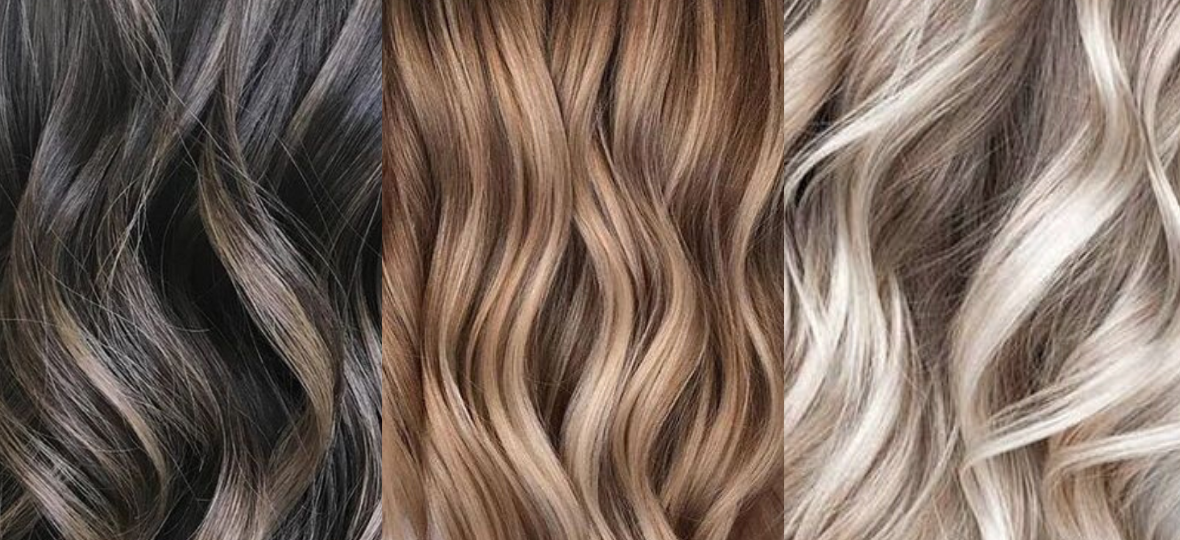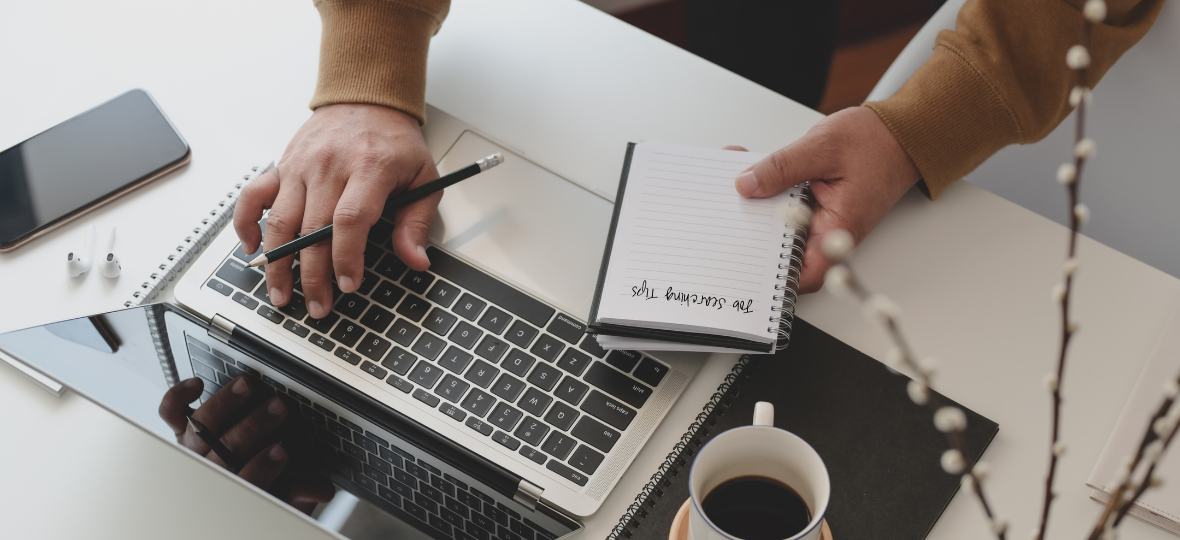Job interviews can be nerve-racking! You want to make a good impression, seem knowledgeable about the topic, and at the end, get the job. Here are six of my top interviewing tips that have helped me while going through the interview process.
1. Dress to Impress
I believe in the saying:
“When you look good, you feel good; When you feel good, you do good.”
Not only will you feel more confident by dressing the part, but it also shows your interviewer that you put in the effort and care about the interview.
This is actually backed up by science, too! A study published in 2015 by Slepian et al. looked at subjects’ performance on different cognitive tests and compared the results of those wearing formal clothes to those wearing casual clothes (1). The participants wearing more formal business attire actually performed better in ‘abstract thinking,’ which directly related to creativity and strategizing. Another study completed by Kraus et al. (2014) created a hypothetical situation where participants were negotiating a theoretical profit (2). Study participants wearing business clothes negotiated an average profit $2.1 million whereas those dressed in sweats negotiated an average profit of $1.58 million.
Despite this, don’t stress too much about what you’re wearing. The effort of trying in itself is what will make an impression. Instead remember:
- Good hygiene: Wash your hair, brush your teeth, and cut back on the perfume or fragrant creams.
- Simple but polished: Make sure what you wear is washed and un-wrinkled. Your outfit need not be extravagant, but showing the effort will always win out.
- More is better: …at least when it comes to attire. You would always rather be the best dressed in the room than the worst dressed.
2. Ask Questions
This is huge in interviews!! And, it’s also advice that I have been given on multiple occasions. Asking questions during your interview shows your interviewer that you are engaged and interested in the position/company you are applying with. You can also use this as an opportunity to show off some of your knowledge by asking specific questions about the job.
I recommend preparing a few questions in advance, but also trying to think of smart questions as follow ups to questions you get asked in the interview.
Some examples are:
- Can you explain some of the day-to-day responsibilities this job entails?
- How would you describe the characteristics of someone who would succeed in this role?
- Are there opportunities for professional development? If so, what do those look like?
- What are the biggest rewards of the job and working for this company?
- What does the career path for someone in this role look like?
3. Know the Job Description
You obviously read the job description when you applied, but if you get an interview, I suggest reviewing it in detail. Job postings contain a lot of information including job responsibilities, qualifications, and company information. Pay specific attention to vocabulary used and specific skills listed.
First, this shows your potential employer you’re prepared. Second, it will also give you buzz words or topics that will make you stand out in your interview. Think about examples from your past and current work that align with these requirements to discuss (this goes for writing your cover letter too).
If the job description is shorter than normal, you can also do some digging on Linkedin and the companies website for more information. I have a post here that can show you where to look!
4. Provide Examples of Your Work/Experience
While you don’t want to spend hours talking about a single project you worked on, it is important to have examples of work you’ve done that relates to the job description. Again, remember to use buzz words from the job listing.
Many interviews use questions types called ‘behavioral interview questions.’ These questions usually prompt the interviewee (you) to provide a real life example of how you handled a certain type of situation. For example, “Tell me about a time when…” or “What do you do when…” Try using the “STAR” method to structure your answers:
- Situation – When and where the event took place. Here you can set the scene and give the important details of your example.
- Task – What was your specific role in the situation. Highlight if you were in a leadership role or planning role, especially.
- Action – What did you do? Here you should explain the steps you took to address your task or problem.
- Result – What did your actions lead to? Here is where you talk about the outcomes of your actions and what you achieved.
More information on answering these kinds of questions using the STAR method can be found here.
5. Send a Thank You Letter
This may seem old school, but it is a great way for an interviewer to remember you after the interview is over. I’ve been told time and time again about how an applicant stood out to an interviewer even more by sending a follow up note. Even if you don’t end up getting the job, a thank you can keep your name in the mix as more opportunities arise.
You could send a physical letter if you happen to know the interviewers address, but otherwise a thank you email is a good option as well. If you interview in person, try to get business cards from each person you speak to so you have their contact information.
Be sure to thank the interviewer for their time, add a personal note from your conversation with them, and offer to provide more information if they need it in the future. An example thank you email could look something like this:

6. Relax
We’re all human, and no one is perfect. Try to relax and not be too overly formal or cold.
People tend to hire candidates that are both a good fit for the company, but also that they could see themselves working with.
Don’t be afraid to throw in a mention or two of your likes and hobbies to strengthen your personal connection with your interviewer. (For example, when I was going through graduate interviews, I hit it off with a professor over our love of ice hockey!)
I hope these tips are helpful and I wish you luck on your interviews! Check out my other job search and STEM resources here.





Leave a Comment